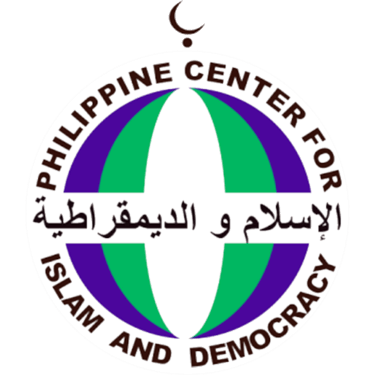PublicationsLegal Pluralism The Prospects for Conflict Resolution in the Philippines 2012

Content Link: Legal Pluralism March 2011 Occasional Papers series 1
LEGAL PLURALISM: THE PROSPECTS FOR CONFLICT RESOLUTION IN THE PHILIPPINES
By ATTY. MEHOL K. SADAIN
Professorial Lecturer
College of Law, University of the Philippines
Former Dean, Institute of Islamic Studies, University of the Philippines
***************
The PCID Occasional Papers Series is pleased to present as its inaugural issue the paper on legal pluralism by Atty. Mehol Sadain. In this paper, Atty Sadain, who served as Commissioner of the Commission on Elections (COMELEC), argues that legal pluralism can become an important tool
for resolving the protracted conflict that has long characterized the relation between the majority Christians and minority Muslims in the Philippines. He asserts that the introduction of Islamic Law into Philippine law (for instance, through the adoption of the Code of Muslim Personal Laws) where demographic and religious heterogeneity prevails would most likely succeed in addressing the
varying legal requirements of specific population groups.
His paper begins with a conceptual discussion of legal pluralism referring to it as the variety of forms of law functioning within any given social field. He then situates legal pluralism within the context of the framework of the Philippine Constitution that recognized the multiplicity of social and ethnic dimensions of the country.
He further asserted that the promulgation of CMPL and the establishment of Amanah bank during the Marcos regime were steps in the right direction. But both efforts did not progress as the CMPL is now in dire need of revisions and the Amanah bank has failed to live up to its promise. He also took to task the Regional Government and its Regional Legislative Assembly “which could have pushed for, and enacted enabling laws to implement Moro empowerment provisions in the Regional Autonomous Law (Republic Act No. 9054, March 31, 2001).
In his conclusion, Atty. Sadain batted for a comprehensive study and review of the CMPL and the ARMM Organic Law “to enliven and revitalize the concept of legal pluralism in the Philippines and turn it into a conflict resolution tool by giving importance to the valuable role of law in enhancing the socio-economic and political benefits that can considerably improve the condition of the Muslim
minority in the Philippines.”
